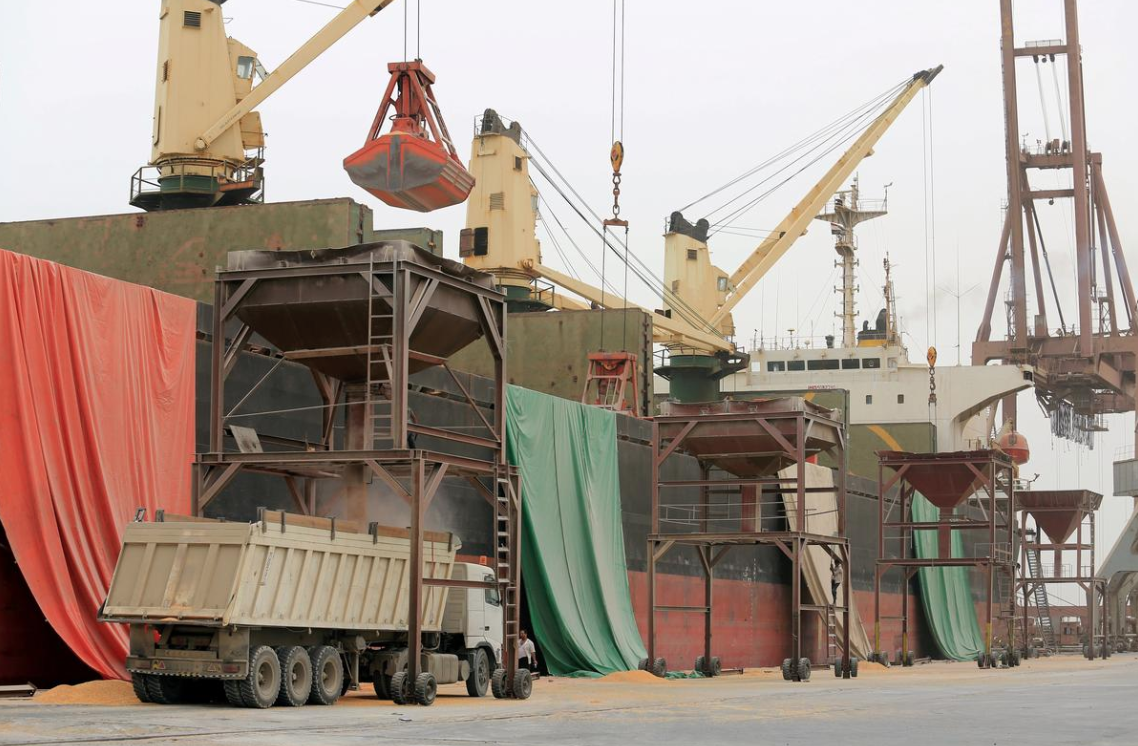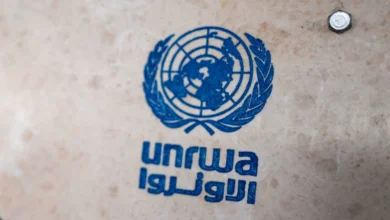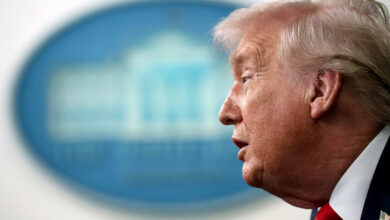
GENEVA (Reuters) – Yemen’s Huthi group will on Saturday start to unilaterally redeploy forces out of three key ports, the United Nations and a Huthi spokesman said, a move to pave the way for political negotiations to end Yemen’s four-year war.
The statement from the UN’s Redeployment Coordination Committee (RCC) said the Huthis would make an “initial unilateral redeployment” between May 11 and May 14 from the ports of Saleef, which is used for grain, and Ras Isa, used for oil, as well as the country’s main port of Hodeidah.
The withdrawal would begin on May 11 at 10 a.m. (0700 GMT), the head of the Huthis’ Supreme Revolutionary Committee, Mohammed Ali al-Huthi, said on Twitter on Saturday.
The RCC committee, led by Danish Lieutenant General Michael Lollesgaard, head of the UN observer team in Hodeidah, drew up the redeployment plans under a pact agreed last December in Stockholm, Sweden, the first major breakthrough in peace efforts to end a war that has killed tens of thousands and pushed Yemen to the brink of famine.
At Stockholm, it was hoped the redeployment would happen in January, but its implementation has repeatedly stalled on a lack of trust between the combatants: the Iran-aligned Huthis and a coalition, led by Saudi Arabia, of the internationally recognized Yemeni government and other forces.
Al-Huthi on Saturday said his group’s intention to unilaterally redeploy from the ports was a result of the coalition’s refusal to implement the Stockholm Agreement.
The UN mission will monitor the redeployment, a first step towards concluding the peace agreement, the UN statement said, adding that it must be followed by “the committed, transparent and sustained actions of the parties to fully deliver on their obligations”.
The redeployment should allow the United Nations to take “a leading role in supporting the Red Sea Ports Corporation in managing the ports” and to enhance UN checks on cargoes.
The Saudi-backed Yemeni government did not state whether their side would make a reciprocal move.
They are also expected to leave positions around the outskirts of Hodeidah in the initial redeployment, before a second phase in which both sides pull back further.
The spokesman for the Yemeni government’s delegation to the RCC, Sadiq Dweid, said on Twitter that a Huthi withdrawal is “the first step of the first stage. We support the implementation of the agreement”.
Yemen’s Information Minister Moammar al-Eryani criticized the Huthi offer to redeploy on Twitter, calling it “misleading” and unacceptable if it did not allow for “joint monitoring and verification” as stipulated by the December pact.
The Sunni Muslim coalition led by Saudi Arabia and the United Arab Emirates say the Huthis use the ports to smuggle weapons. The Iran-aligned Huthis say the government would try to choke them off if it gained control.
Yemeni government representative Dweid said his side would hold the United Nations responsible for implementing the December pact “as agreed in terms of verification, monitoring, and the removal of mines, obstacles and military installations”.
Western states, some of which supply arms and intelligence to the coalition, are pressing for an end to the conflict, seen in the region as a proxy war between Saudi Arabia and Iran.
Last month UN special envoy Martin Griffiths told Reuters the Saudi-backed government and the Huthi group had formally agreed a first phase of troop redeployments, while discussions were still underway for the second phase.
Humanitarian officials have long pleaded with Yemen’s warring sides to spare Hodeidah, a lifeline for the crippled economy, dependent on the World Food Programme’s biggest aid operation to feed more than 10 million people.
Reporting by Tom Miles; additional reporting by Mohammed Ghobari in Aden, Hesham Hejali and Nayera Abdallah in Cairo, Eric Knecht in Doha and Lisa Barrington in Dubai; editing by Gareth Jones and Jonathan Oatis




